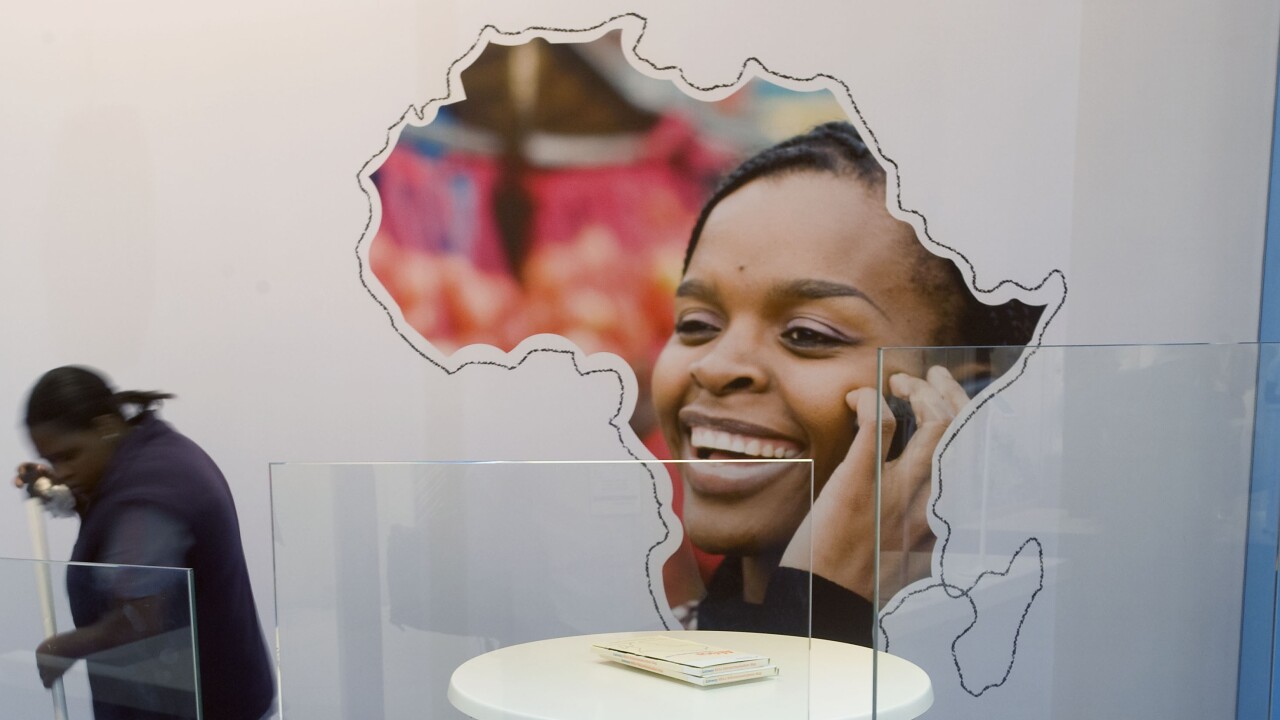
Nyota Media is a new PR and communication agency with an interesting focus. ‘Nyota’ means ‘star’ in Swahili, and symbolizes the agency’s ambition, which is to promote “innovative African entrepreneurs, start-ups, and international companies that use technology to improve the lives of Africans.”
According to its co-founders, mobile trends expert Rudy De Waele and former BBC journalist Shaheera Asante, the agency will be the first of its kind. Yet, it is also answering a growing demand, Asante explains:
“Long gone, thankfully, are the daily news feeds of war, poverty, starvation or corruption was the only news reported on Africa, by the very same media which are now rushing to get the latest African innovation scopes and blog feeds.”
The pair are convinced that Africa’s tech scene has reached a tipping point, an ongoing transformation in which mobile played an essential role:
“2012 has been a breakthrough year for innovative projects and mobile/technology startups in Africa,” De Waele says. “We’re entering an incredible prosperous time of market development, using innovation and mobile technology on the continent, The elements needed to create a healthy ecosystem which allows entrepreneurs and startups to grow in this area are coming together.”
To prove its point, Nyota is releasing a copy of the presentation that De Waele recently presented at ForumOxford. Called “Mobile Opportunities in Africa – Engaging with the next billion,” it highlights some key facts about the continent.
The whole presentation is definitely worth reading (although you will need to enter your email address to access the slides.) While insisting on Africa’s heterogeneity, it also points out regional trends, such as the fast-increasing mobile penetration. In Sub-Saharan Africa (SSA) only, it grew from 1% in 2000 to 54% in 2012.
In addition, 3G networks are now available in over 30 countries in Africa, compared to only 10 in 2008, and telecoms are investing heavily in uncovered areas, Asante explains.
“Due to unreliable electricity supplies across Africa, the network base stations are primarily powered by diesel generators. Despite these geographic and logistic constraints, nearly 76% of the SSA population is currently covered by mobile services. Investments are also made into solar and wind-powered cell towers instead of diesel-driven engines.”
A growing number of international entities are starting to take notice of these changes. No later than last month, mobile trade association MEF partnered with carrier Vodacom to open a dedicated African office. According to its executive director, Rimma Perelmuter, this launch will help showcase innovation coming from Africa, while helping MEF members share learnings on the continent.
“Several of the companies that have been finalists or winners at our Meffys Awards over the last few years were coming from Africa, and it is very exciting for us to have a presence in a such a mobile-first market,” she told TNW during MEF Americas.
The fact that mobile phones are often primary devices represents an opportunity for apps to improve the life of Africans in many fields, from health, education, agriculture, green tech and commerce to fashion, games and entertainment. The most successful ones are those which take into account that feature phones and low-end smartphones still dominate the market.
For instance you may have heard of success stories such as SMS-based mobile money service M-Pesa and Australian startup biNu, which recently closed a $4.3 million round to bring apps to feature phone users. The local startup ecosystem is also maturing, boasting a growing number of app competitions, co-working spaces and dedicated investment vehicles, such as I/O Ventures’ Savannah Fund.
In other words, there are plenty of news that Nyota Media could contribute to spreading. To reinforce the work it will be doing from its London headquarters, it plans to open an office in Nairobi next year.
Image credit: RODGER BOSCH / AFP / Getty Images
Get the TNW newsletter
Get the most important tech news in your inbox each week.
 “Long gone, thankfully, are the daily news feeds of war, poverty, starvation or corruption was the only news reported on Africa, by the very same media which are now rushing to get the latest African innovation scopes and blog feeds.”
“Long gone, thankfully, are the daily news feeds of war, poverty, starvation or corruption was the only news reported on Africa, by the very same media which are now rushing to get the latest African innovation scopes and blog feeds.”




